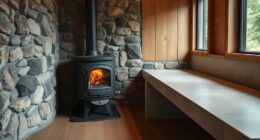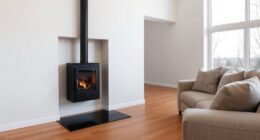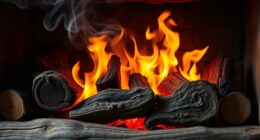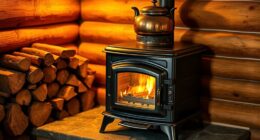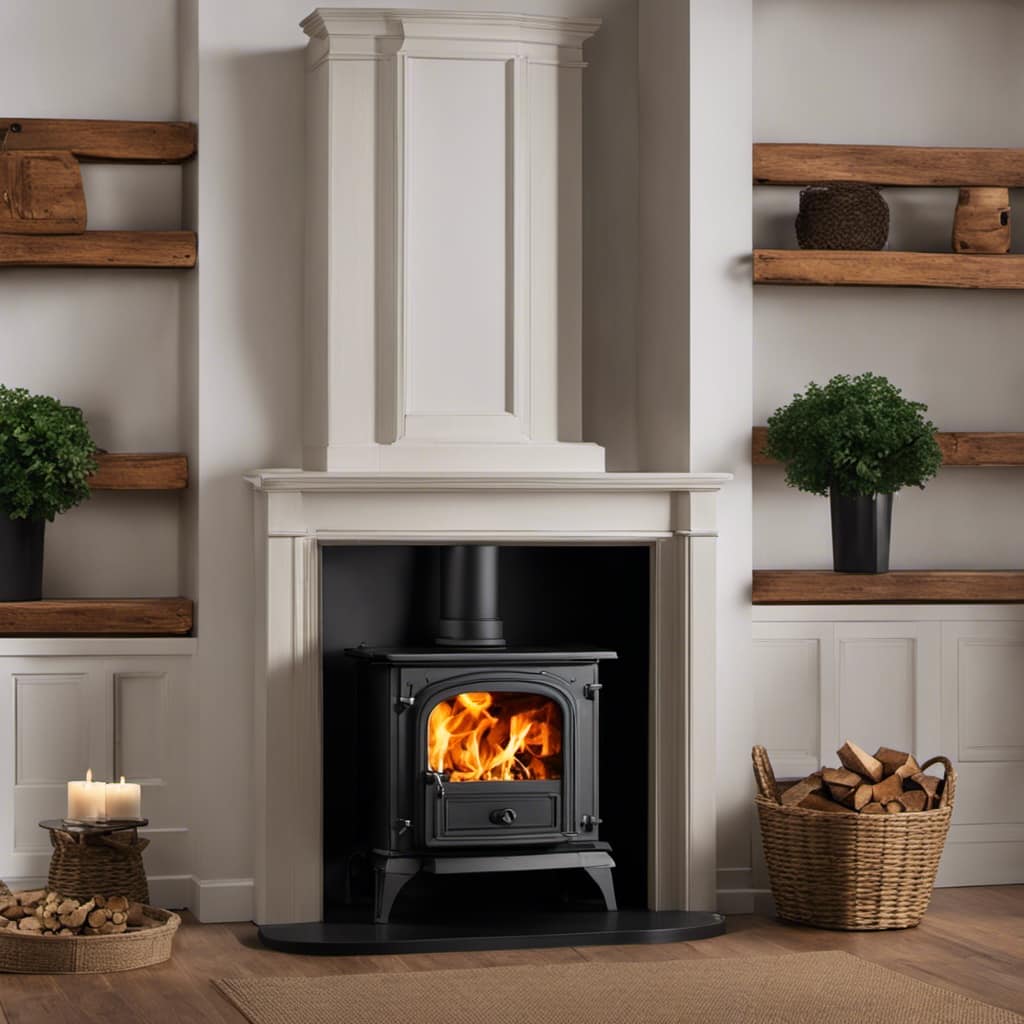
Hello! Have you ever thought about converting an outdated electric water heater into your own wood-burning stove? Surprisingly, it’s easier than you might think.
In this article, I’ll show you step-by-step how to transform that unused appliance into a cozy source of heat.
From gathering the materials to testing and using your new wood stove, I’ve got you covered.
So, let’s dive in and get started on this exciting DIY project!
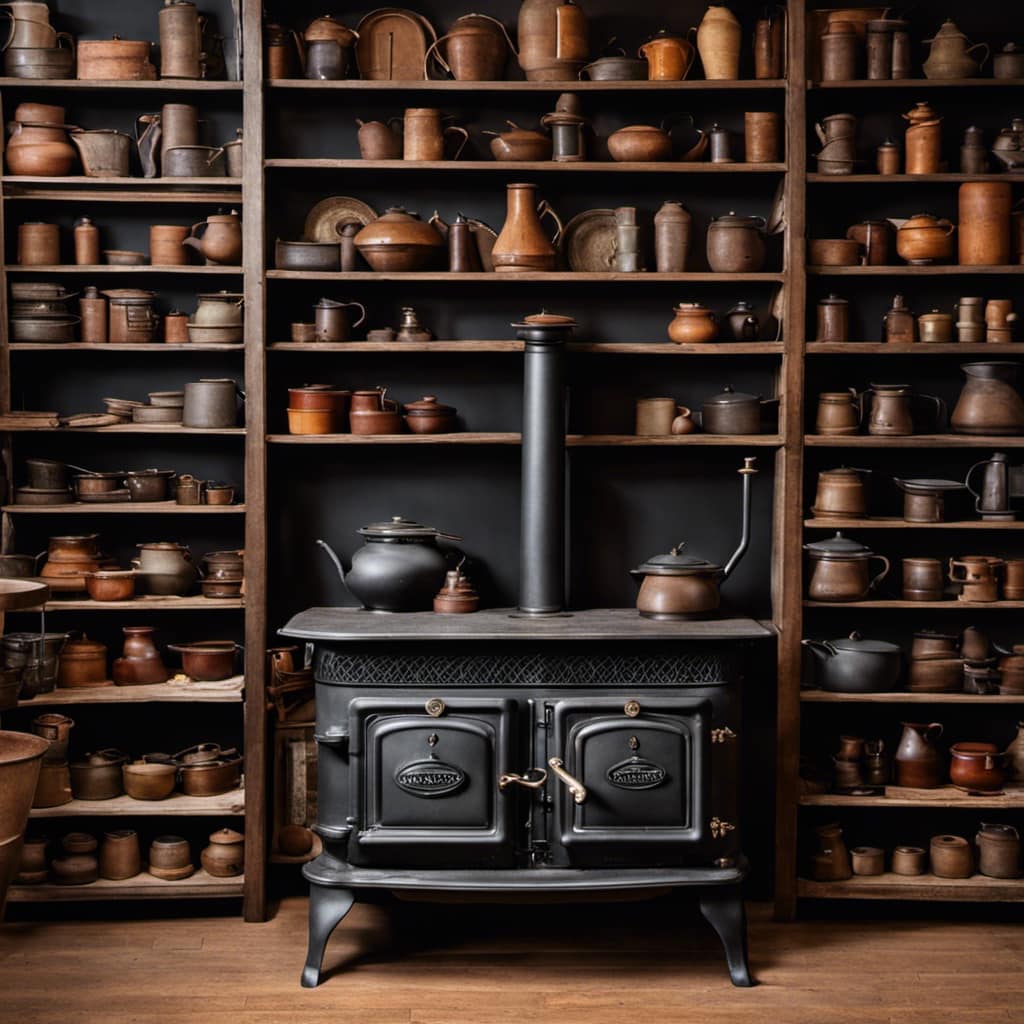
Key Takeaways
- Find alternative heat sources during colder months or in emergency situations
- Disconnect the electric water heater from any power source and remove the insulation surrounding it
- Install a chimney to exhaust smoke and gases and create an opening for wood insertion
- Monitor temperature, inspect and clean the stove and chimney regularly, and replace damaged parts or gaskets promptly
Gathering the Necessary Materials
I’ve gathered all the necessary materials to make a wood stove out of an electric water heater. Finding alternative heat sources is essential, especially during colder months or in emergency situations. Wood stoves are a great option as they provide warmth and can also be used for cooking.
However, safety precautions for wood stoves must be followed to prevent accidents. When repurposing an electric water heater into a wood stove, it’s crucial to ensure proper ventilation and insulation. This will prevent the risk of fires or carbon monoxide poisoning. Additionally, using fire-resistant materials and installing a chimney or stovepipe will help regulate smoke and heat.
Preparing the Electric Water Heater
Before starting the conversion process, it’s important to ensure the electric water heater is disconnected from any power source. Safety should always be the top priority.
To prepare the electric water heater for the conversion into a wood stove, follow these steps:

-
Removing the insulation: Carefully remove the insulation surrounding the water heater. This will expose the metal shell of the heater, which is necessary for the wood stove conversion.
-
Disconnecting the electrical components: Begin by turning off the power supply to the water heater. Then, remove the access panel and locate the electrical connections. Disconnect the wires from the heating elements and thermostat. Make sure to securely cap the exposed wires to prevent any electrical hazards.
-
Removing the drain valve: Locate the drain valve at the bottom of the water heater and unscrew it. This will allow any remaining water to drain out.
-
Cleaning the interior: Once the water has drained out, use a brush or vacuum to clean the interior of the water heater, removing any sediment or debris.
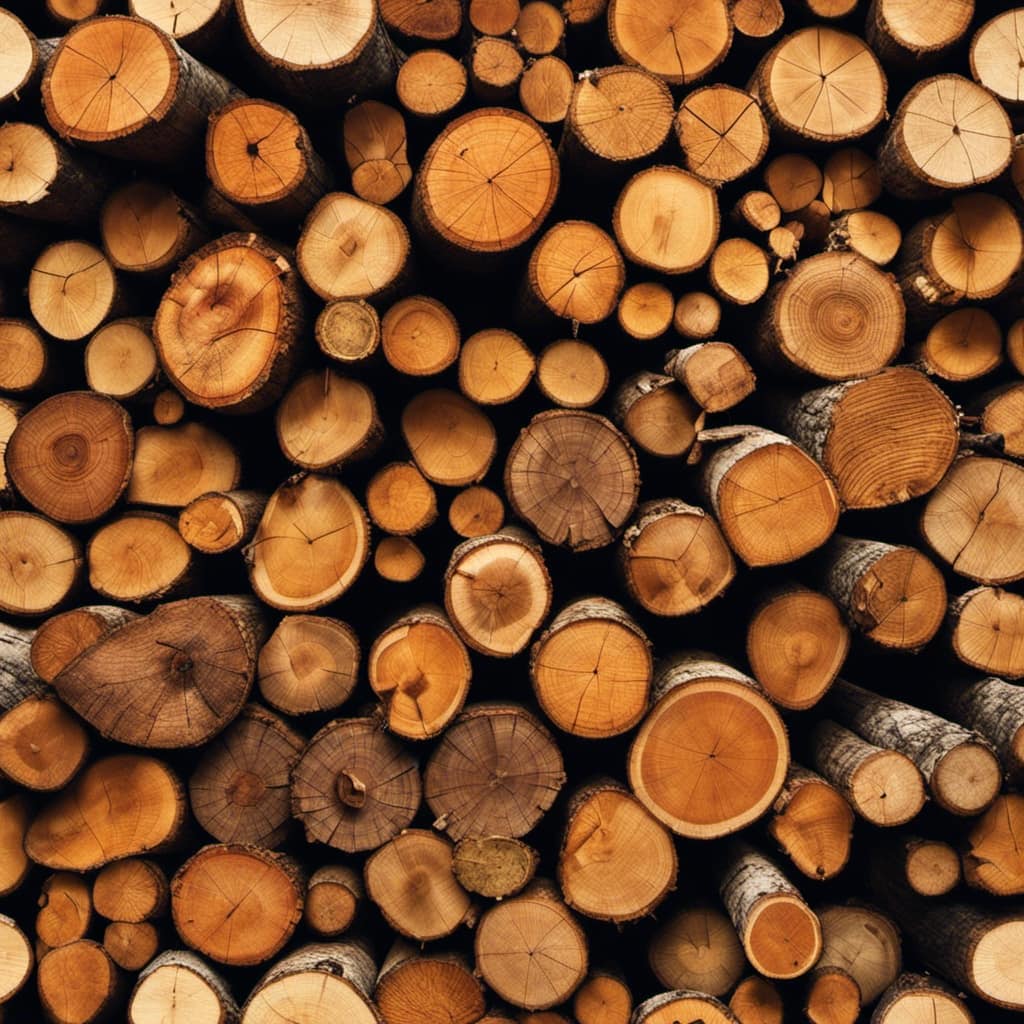
Modifying the Water Heater for Wood Burning
To modify the water heater for wood burning, I’ll need to install a chimney and create an opening for the wood to be inserted. This is an important step to ensure wood stove safety and reap the benefits of wood stoves.
Installing a chimney will help exhaust the smoke and gases produced by burning wood, preventing them from accumulating in your home. It’s crucial to follow safety guidelines when installing the chimney, ensuring proper ventilation and clearance from combustible materials.
Creating an opening for the wood to be inserted will allow for easy loading and maintenance of the wood stove. This will enable efficient burning and provide a consistent source of heat.
Installing the Chimney and Ventilation System
I need to ensure proper ventilation and clearance when installing the chimney for the wood burning system. It’s crucial to follow the proper guidelines to avoid any potential issues with the chimney installation.
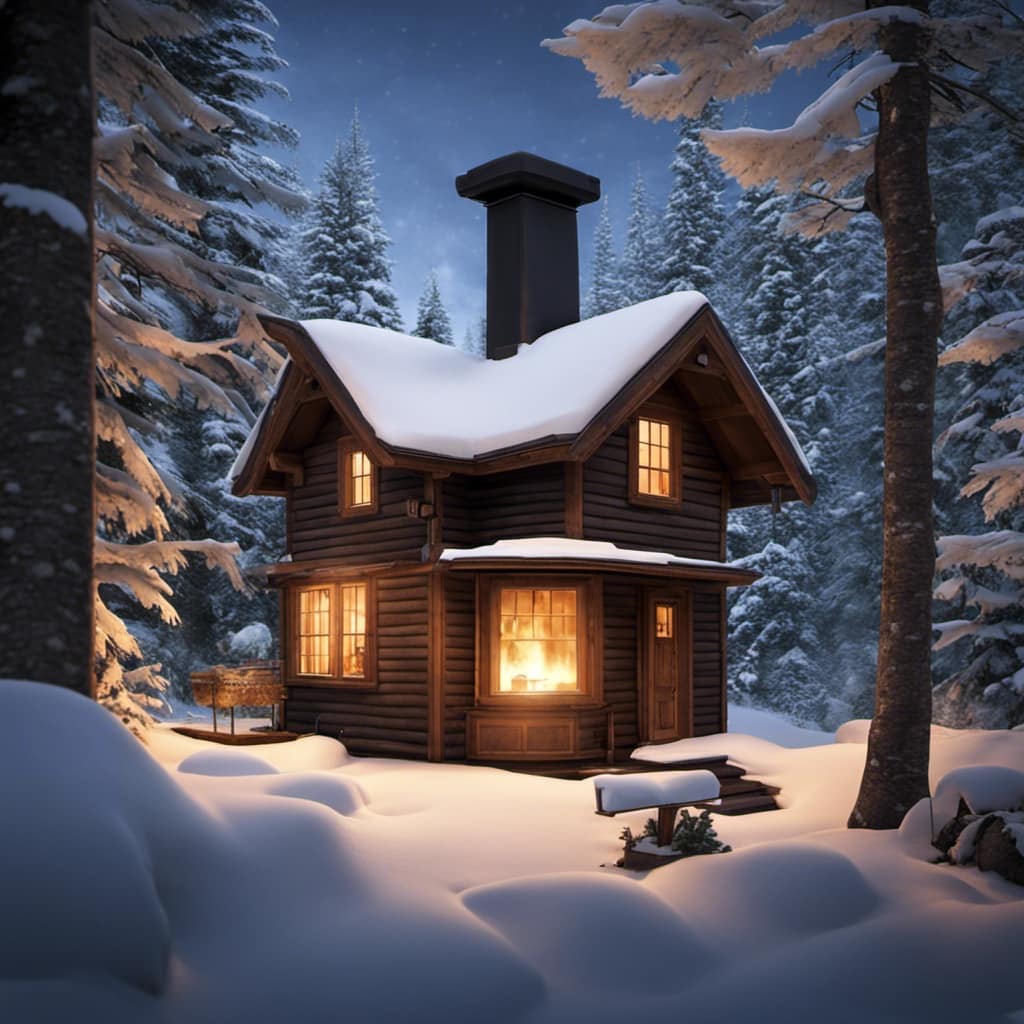
Here are some key considerations to keep in mind:
-
Chimney height: The chimney should extend at least three feet above the highest point where it passes through the roof to ensure proper draft and prevent downdrafts.
-
Clearance: It’s essential to maintain proper clearance between the chimney and any combustible materials to reduce the risk of fire. Consult local building codes for specific clearance requirements.
-
Ventilation system: Choosing the right ventilation system is crucial for effective and safe wood burning. Options include natural draft, direct vent, or power vent systems. Consider factors such as efficiency, cost, and compatibility with the wood stove.
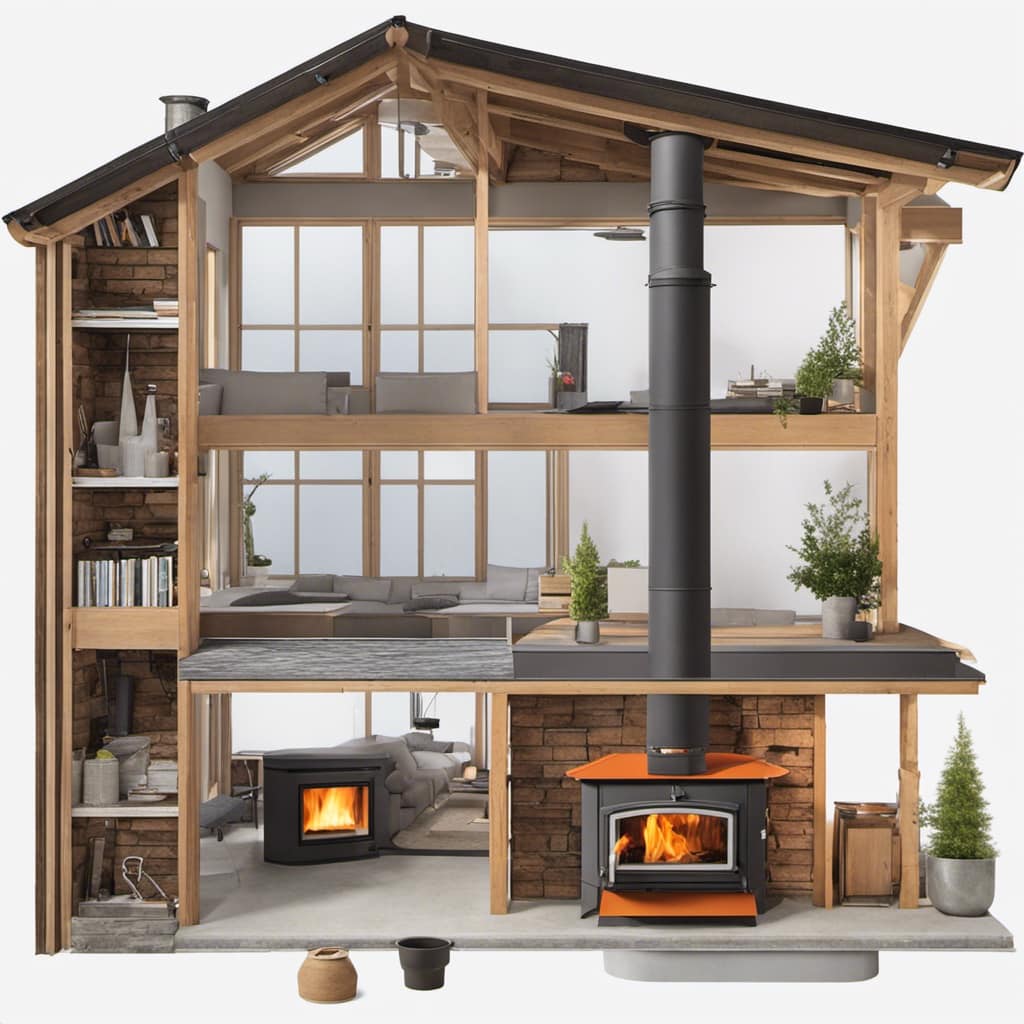
-
Troubleshooting: In case of any issues during installation, such as improper draft or smoke backflow, consult a professional for troubleshooting assistance. They can identify and resolve any problems to ensure proper functioning of the chimney and ventilation system.
Testing and Using Your Wood Stove
When testing and using my wood stove, I carefully monitor the temperature to ensure it is operating safely and efficiently. Safety precautions are crucial when using a wood stove to prevent accidents and protect your home. Here are some tips for maintaining and cleaning your wood stove:
| Safety Precautions | Tips for Maintenance | Cleaning Tips |
|---|---|---|
| Keep flammable materials at a safe distance from the stove | Inspect the stove regularly for any damage or wear | Clean the stove regularly to remove ash buildup |
| Install a fireproof hearth or floor protector | Clean the chimney and flue regularly to prevent creosote buildup | Use a soft brush or vacuum to remove ash from the stove |
| Use a fire screen to prevent sparks from escaping | Replace any damaged parts or gaskets promptly | Wipe the stove surface with a damp cloth to remove any soot |
Frequently Asked Questions
Is It Safe to Convert an Electric Water Heater Into a Wood Stove?
Converting an electric water heater into a wood stove has both pros and cons. It can be a cost-effective option, but it requires specific modifications. Safety should be a top priority, so it’s recommended to consult with a professional before attempting this conversion.
Can Any Type of Electric Water Heater Be Used for This Conversion?
Any type of electric water heater can be used for an electric water heater conversion into a wood stove. The conversion offers numerous benefits such as cost savings, increased energy efficiency, and the ability to heat your home during power outages.
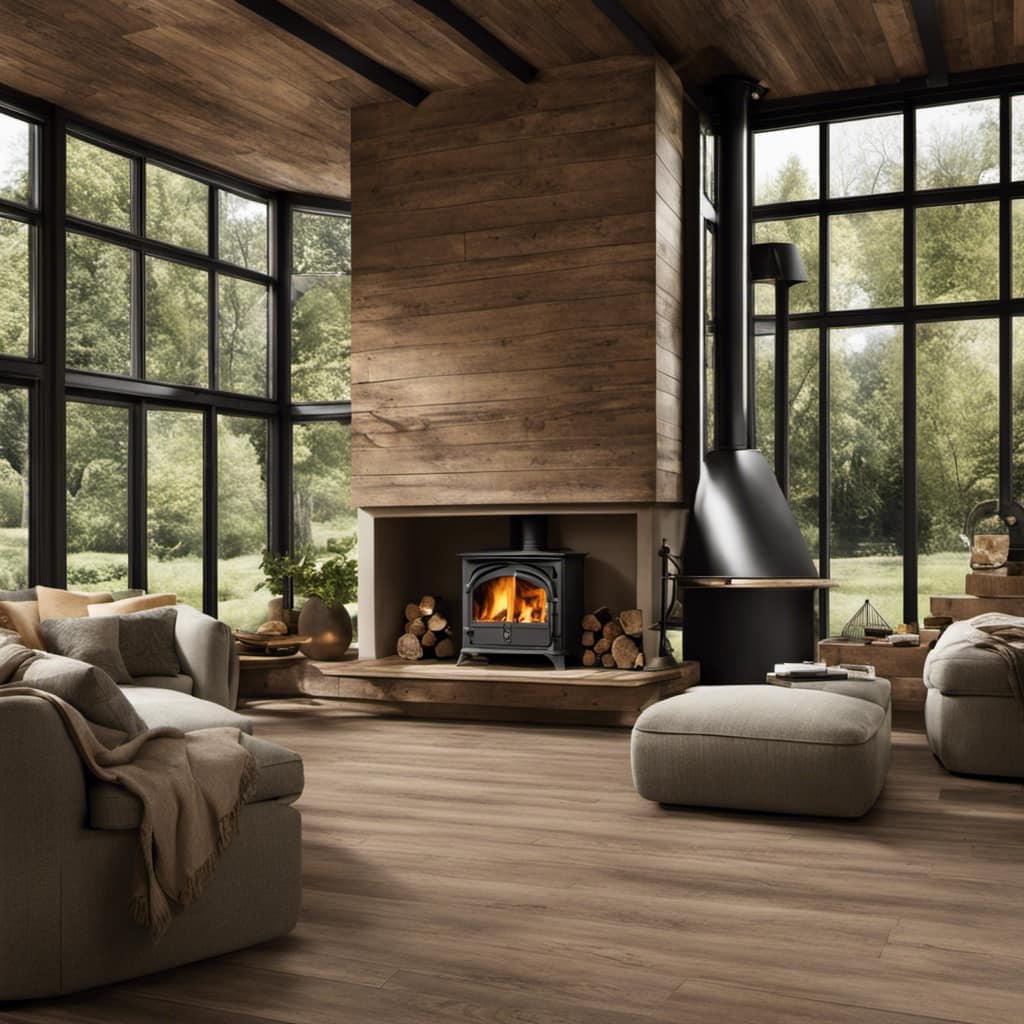
Do I Need Any Special Tools or Equipment to Modify the Water Heater for Wood Burning?
To modify an electric water heater for wood burning, you’ll need a few tools like a drill, angle grinder, and welding machine. Step by step instructions can be found online for a detailed guide.
How Do I Determine the Correct Size and Type of Chimney for My Wood Stove?
To determine the correct size and type of chimney for a wood stove, I consider factors like the stove’s heat output, the number of bends in the chimney installation process, and the distance from the stove to the chimney.
Are There Any Specific Safety Precautions I Should Take When Using a Wood Stove Made From an Electric Water Heater?
When using a wood stove made from an electric water heater, it’s important to take safety precautions. Ensure proper ventilation, keep flammable materials away, and regularly clean and maintain the stove to prevent accidents and ensure optimal performance.
Conclusion
In conclusion, transforming an electric water heater into a wood stove is a practical and cost-effective way to heat your home. By repurposing materials and following the necessary steps, you can create a functional wood stove that will provide warmth and comfort.
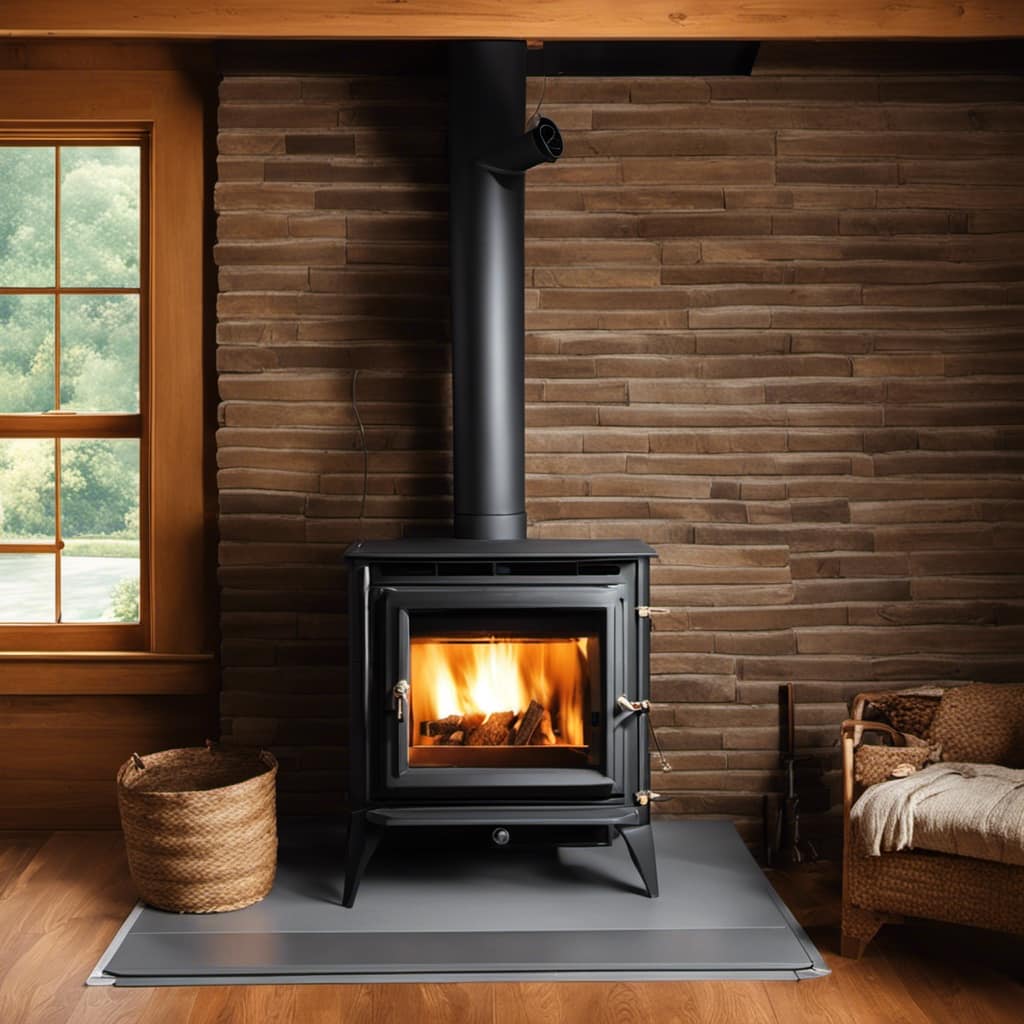
Did you know that wood stoves can reduce heating costs by up to 30% compared to traditional heating methods? This statistic highlights the efficiency and potential savings that can be achieved through this DIY project.







